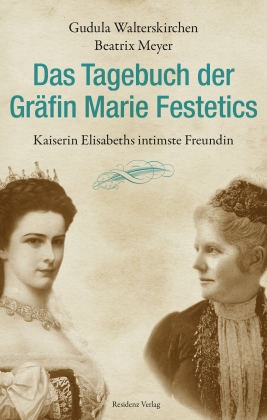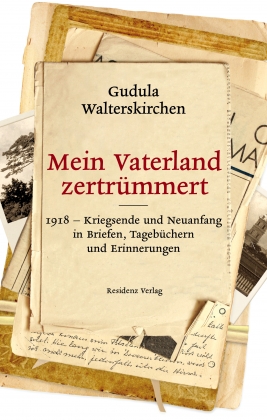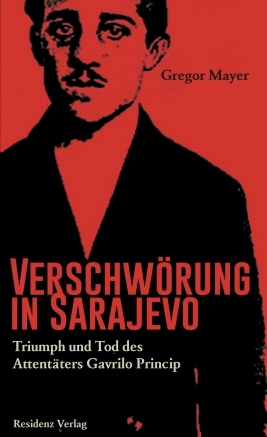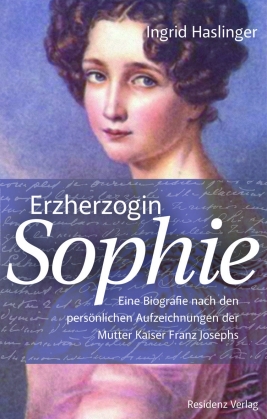
Beatrix Meyer Gudula Walterskirchen - Countess Marie Festetics’ Diary
Empress Elisabeth’s Closest Friend
An insight into the empress’ character; politics and intrigue at the Vienna court
The bosom friend of ‘Sisi’, Empress Elisabeth, the highly intelligent, highly attractive aristocrat Marie Festetics, wrote a detailed diary over many years. This sensational source text is finally available in full. Over more than 2000 pages, Festetics provides a no-holes-barred description of life at the imperial court, with all its intrigues – mainly against the empress she so admired. Countess Festetics analyses Sisi’s character and describes her changing emotions and her relationship with Emperor Franz Joseph. She makes razor-sharp judgements of the extended Imperial family and the significant figures of her time. A fascinating journal!
Book details
with numerous illustrations, 3rd edition304 pages
format:140 x 220
ISBN: 9783701733385
Release date: 04.09.2014
License rights
- Hungary








